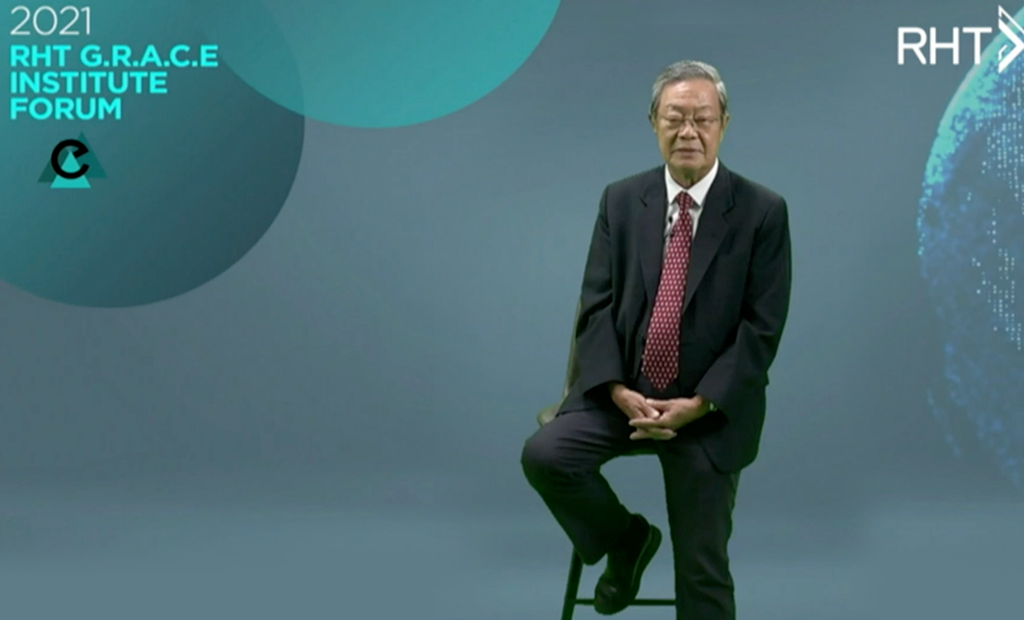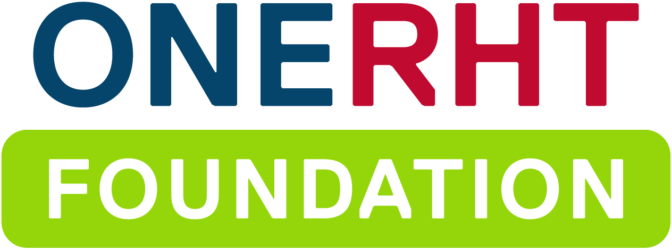- Core G.R.A.C.E. principles can guide decision makers to drive positive climate action effectively with greater accountability

Singapore, 26 November 2021 – RHT G.R.A.C.E. Institute (“RGI”), a social enterprise under RHT Rajan Menon Foundation (“Foundation”) held its 2nd RGI Forum via a livestream broadcast. This year’s forum focused on sustainability in line with the RGI’s aim to promote an organisational culture anchored on the five core principles of Governance, Risk Management, Anti-money laundering, Compliance and Ethics/ESG.
Expert panellists at the Forum exchanged views on the recent COP26 climate talks and discussed Governance, Risk, Compliance, and Ethical issues around sustainability that will help to move the needle on global climate action.
Professor Koo Tsai Kee, Patron of RHT G.R.A.C.E. Institute, said, “Business leaders have enormous collective influence over climate action, having the ability to drive positive changes in their own operations and across their supply chains. The GRACE principles will guide them to do more and do better.”
Mr Chew Heng Ching, Chairman of RHT G.R.A.C.E. Institute, said, “As businesses begin to chart their recovery and formulate strategies for a post-pandemic future, there is no better time than the present to integrate sustainability into business plans for purposeful growth. Businesses need to take accountability for their actions and their impact on the environment, just as they would for actions that impact their bottom line.”
Mr Wee Boon Siong, Chief Executive Officer of RHT Green, said, “Businesses are expected to fill the void left by lagging environmental commitments by governments. Business leaders should take the lead on change rather than wait for the government to impose changes on them. The longer we delay ambitious climate action, the more difficult it will be to transition to a low-carbon economy.”
Earlier this year, ONE RHT unveiled its plan to achieve net zero carbon by 2030, marking the culmination of a multi-year effort to position itself as a sustainability champion in Singapore’s green economy.

